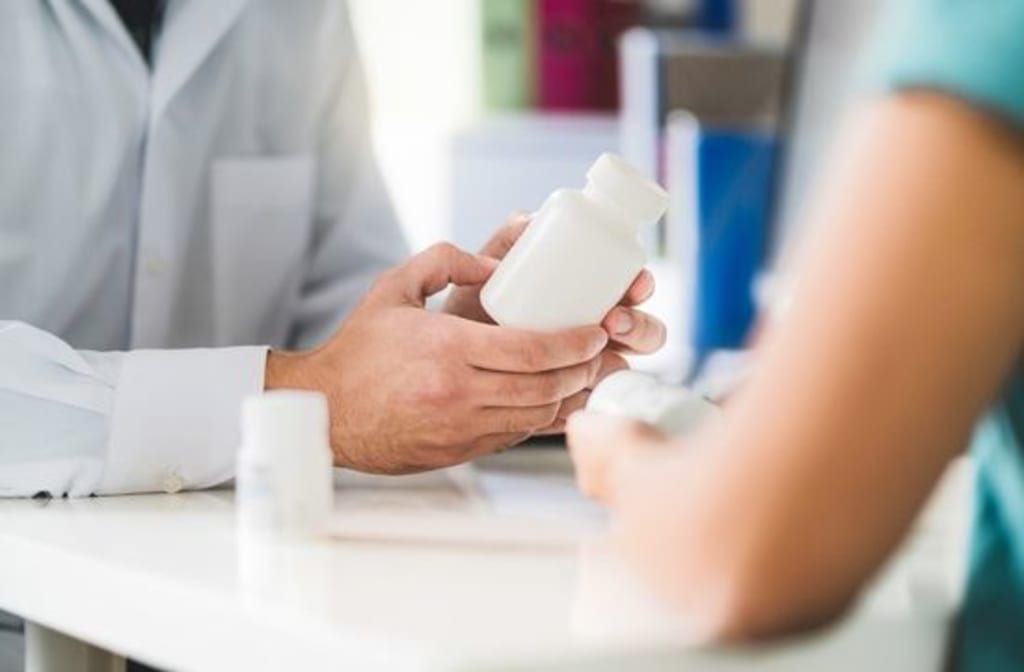Impact of Low Testosterone in Men
Uses of Low Testosterone.

What is Testosterone?
Testosterone is the sex hormone in men that is made in the testicles. Testosterone helps boys develop male features like body and facial hair, deeper voice, and muscle strength during puberty. Men need testosterone to make sperm. In men, testosterone helps maintain and develop:
● Sexual features
● Muscle mass
● Adequate levels of red blood cells
● Bone density
● Sense of well-being
● Sexual and reproductive function
What is Low Testosterone?
Low testosterone, also called male hypogonadism, is when the testicles do not produce sufficient testosterone levels. The testosterone levels usually decrease with age. Hence the older men tend to have low testosterone in the blood. A few men have low testosterone levels, called Testosterone Deficiency Syndrome (TD) or Low Testosterone (Low-T). According to the American Urology Association (AUA), blood testosterone levels should be as less than 300 nanograms per deciliter (ng/dL) to be diagnosed with Low Testosterone (Low-T).
How Common is Low Testosterone?
It is difficult to know how many men experience low testosterone; however, data suggest that about 2.1% may have it. Low testosterone influences practically 40% of men who are above 45. It is hard to distinguish the normal testosterone levels since these vary throughout the day. Moreover, testosterone levels are impacted by different factors such as body mass index (BMI), alcohol consumption, nutrition, certain meds, age, and health conditions.
Testosterone Deficiency is more common in men with diabetes or obesity. Research shows that 30% of overweight men had Low-T, compared to only 6.4% of average weight. The same survey also found diabetes a risk factor for testosterone deficiency.
Causes of Low Testosterone
Low testosterone levels can be caused due to several different factors. Some men are born with health conditions that cause Testosterone Deficiency (TD), such as:
● Kallman syndrome; marked by the abnormal development of the hypothalamus, which is a gland in the brain controlling many hormones
● Klinefelter syndrome or XXY syndrome; a hereditary condition in which a male is born with an extra copy of the X chromosome
● Ambiguous genitalia; a condition in which the sex organs develop abnormally
● Noonan syndrome
The following conditions can cause men to develop Low-T:
● Injury or damage to the testicles, causing an interruption in the blood supply to the testes
● Infection of the testes (orchitis)
● Removal of testicles because of cancer
● Chemotherapy or radiation
● Dysfunction or tumors of the pituitary gland leading to hormone deficiency
● Congenital disability (present at birth)
● Autoimmune diseases
● Metabolic disorders
● Pubertal delay
● Head injury
● Exposure to radiation
● Cirrhosis of the liver
● Chronic renal failure
● Inflammatory conditions
Many men who have TD have Low-T can be due to:
● Aging
● Obesity
● High blood pressure
● Unhealthy cholesterol levels
● Diabetes
● Use of medications including opioids, hormones used to treat prostate cancer, and steroids
● Acute or chronic illness
● Alcohol abuse
● Obstructive sleep apnea
● Estrogen excess
● Previous anabolic steroid abuse
Other causes of low testosterone include:
● HIV
● AIDS
Symptoms of Low Testosterone
Symptoms of low testosterone depend on a person's age and are divided into specific and non-specific.
Specific symptoms are directly linked to testosterone deficiency, such as:
● Reduced sex drive
● Reduced erectile function
● Loss of body hair
● Less beard growth
● Loss of lean muscle mass
● Feeling very tired all the time (fatigue)
● Obesity (being overweight)
● Symptoms of depression
● Moodiness and irritability
● Decreased sense of well-being
Non-specific symptoms may not be directly linked to testosterone deficiency, such as:
● Lower energy level, endurance, and physical strength
● Poor memory
● Difficulty with finding words to say
● Poor focus
● Not doing well at work
● A decrease in hemoglobin and mild anemia
● Thinning of the bones (osteoporosis)
● Infertility
There are many indications of Low Testosterone. Some of them are directly related to Low-T levels, while others may not be. Having any of these symptoms does not imply that you have TD. But if you are experiencing a couple of them, you may need to check for TD. Your PCP will assist you with figuring out your conditions.
Diagnosis of Low Testosterone
Low testosterone is diagnosed by measuring testosterone with a blood test. It might take a few measures to decide whether a patient has low testosterone since levels will generally change daily. Testosterone levels are at their peak around 8 a.m. Hence, the doctors measure testosterone levels in the early morning.
Treatment of Low Testosterone
Low testosterone is treated with testosterone hormone therapy, which can be given in several ways:
● Intramuscular injections, typically every 10 to 14 days;
● Testosterone patches, which are applied to the buttocks, arms, back, and abdomen
● Testosterone gels that are used each day to the spotless, dry skin of the upper back and arms )
● Pellets that are implanted under the skin
Benefits of Testosterone Replacement Therapy
The benefits of testosterone replacement therapy may include:
● Weight loss
● Increased bone density and protection against osteoporosis
● Improved mood and sense of well-being
● Improved sexual function
● Improved mental sharpness
● Greater muscle strength and physical performance
Who shouldn't take testosterone replacement therapy?
Testosterone replacement therapy might cause the prostate to grow. Assuming a man has the early prostate disease, there is concern that testosterone might trigger cancer development. Consequently, men who have prostate cancer should not take testosterone replacement therapy. All men considering testosterone replacement therapy need prostate screening before beginning this treatment.
About the Creator
Harbor Compounding pharmacy
Harbor Compounding Pharmacy in California to provide better health solutions. The aim of this health pharmacy is to provide solutions to all health-related issues. It provides treatment for all diseases and health counseling.






Comments
There are no comments for this story
Be the first to respond and start the conversation.